Malama Na Iwi Kupuna
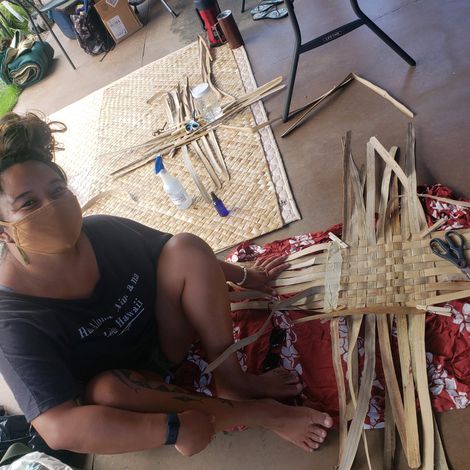
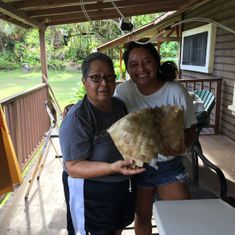
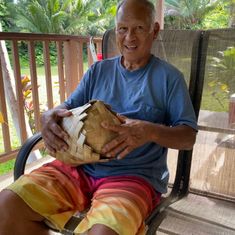
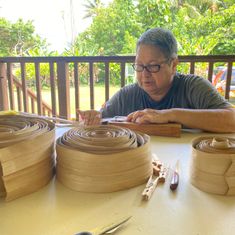
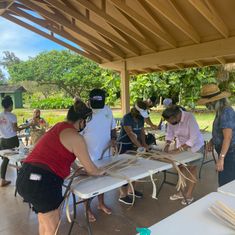
In Hawaiian cosmology, the significance of ancestral remains are integral to Native Hawaiian identity. Iwi kupuna (ancestral bones) sit at the core of one’s connection to ancestry that strengthens and guides our understanding and interaction with our homeland, and collectively, with one another. The Hawaiian proverb, Kuu ewe, kuu piko, kuu iwi, kuu koko, encapsulates a native understanding of the inseverable link that exists between oneself and the remains of one's ancestors and serves as a way to highlight the embodied consciousness of the interwoven notions of indigenous ancestry and cultural identity inlaid within the respect and care of iwi kupuna. For generations, Native Hawaiians have cared for loved ones upon their passing by ensuring that they return to the land of whence they came, and more importantly, are left undisturbed. With increased development paired with climate change and sea-level rise, iwi throughout Hawaii are resurfacing at an alarming rate. Malama Na Iwi Kupuna, is a project intended to empower lineal and cultural descendants belonging to rural communities on Maui with the necessary resources to partake in cultural reburial traditions. The continued cycle of returning to the land and the mana (divine power) held within iwi, spiritually nourishes the living community and illustrates the holistic nature of continuance that honors the timeless reciprocity of care between the living and deceased, and thus, the well-being of people and place. Traditionally, iwi were wrapped in kapa and placed in lauhala baskets to lay at rest. Descendants and community members dedicated to the proper reburial of our ancestors have participated in workshops perpetuating these practices. Protecting iwi kupuna is a cultural urgency for Native Hawaiians, as the act of caring for one’s ancestor is linked to the perseverance of Hawaiian history and lifeways. The role of descendant communities must be honored in order for iwi kupuna to be cared for more effectively.